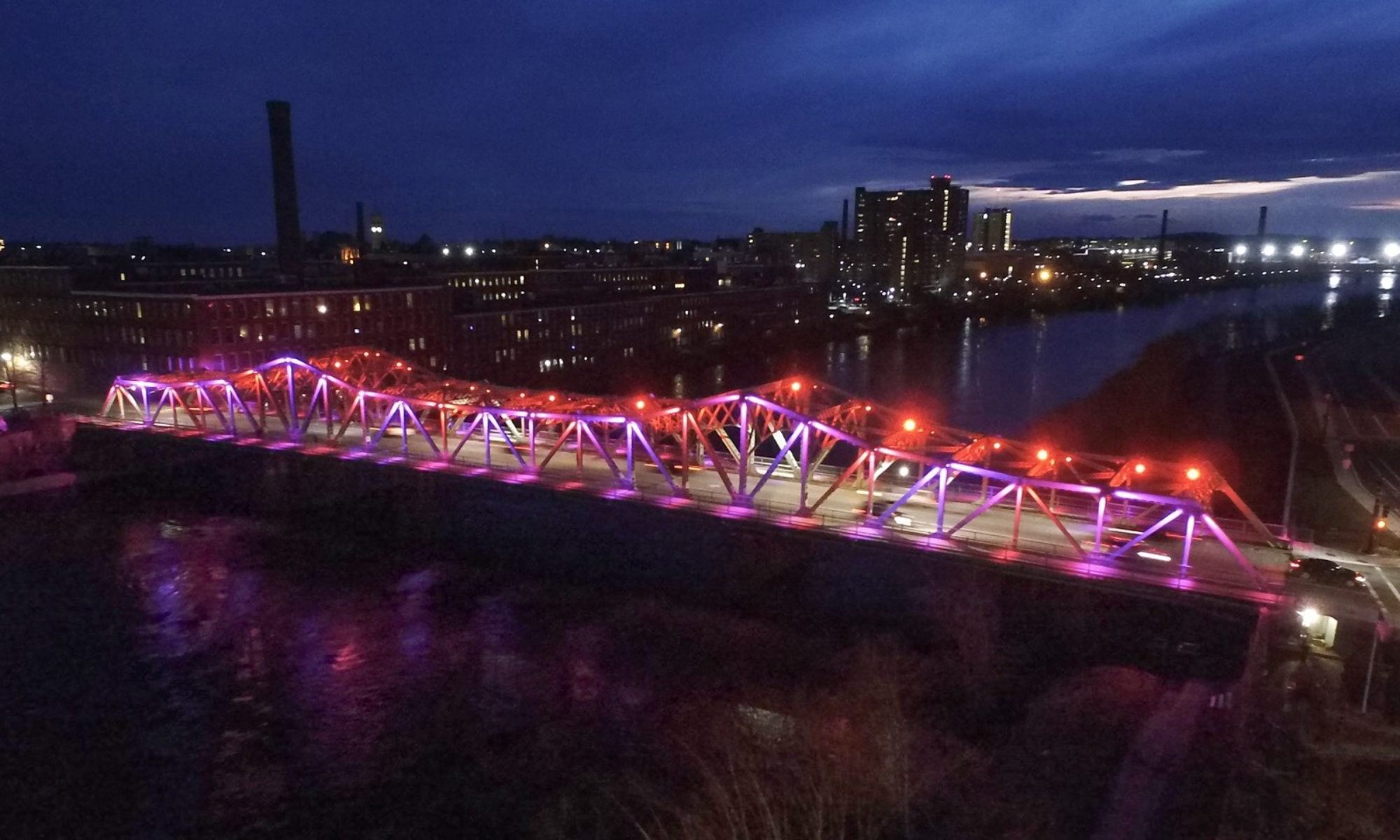The great force of history comes from the fact that we carry it within us, are unconsciously controlled by it in many ways, and history is literally present in all that we do.
-James Baldwin, “The Price of the Ticket: Collected Nonfiction, 1948-1985”
Over the last few weeks, protests throughout the country have called for racial justice, an end to police violence, and greater community control of resources for African Americans. We acknowledge and amplify these demands for immediate action, and we also want to take this time to remember our history. As James Baldwin reminds us in his writings, “…history is present in all that we do”.
The textile mills that make up Lowell’s post industrial landscape, for example, tell a story of technological innovation, labor, and capital. But they also bear witness to a racialized system of oppression. Mill owners and workers were dependent on Southern cotton, for it was this very material input that allowed the city of Lowell to flourish. In fact, the North’s appetite for raw cotton spurred increased cotton production, leading to an expansion of slavery.
Not only do we carry history within our personal lived experiences, history is also carried in our built environment. Race and place are intertwined in many ways and the history of slavery that is being played out today on the streets of New York, Louisville, DC and Atlanta is a shared history that all Americans must reckon with.
Let’s take this moment to educate ourselves about the history of race and place in our city and the wider world. Below is a recording of the conversation between Maiyah Gamble-Rivers from the Center for Slavery and Social Justice at Brown University, and Rogers Muyanja of the African America Alliance in Lowell. Recorded on February 9th, 2020 as part of the Lowell Talks community discussions hosted by the National Park Service.

